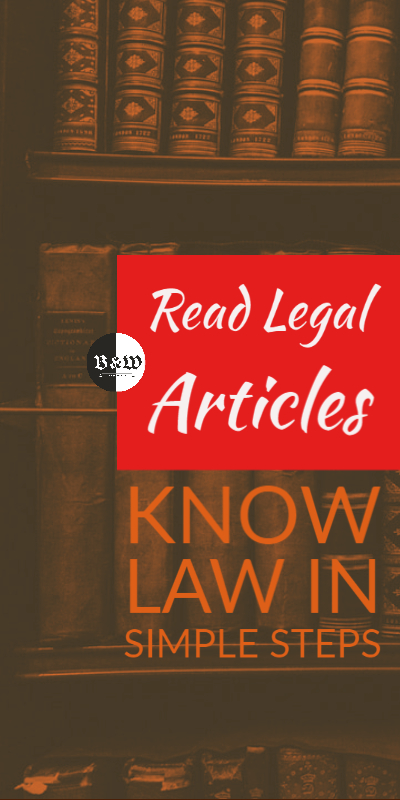Introduction To Summary Trial – Order 37
Summary procedure is a legal instrument for speedy disposal of civil suits and granting justice to plaintiff in cases of recoveries pending on defendant. This trial removes the hassles and lengthy procedures of a civil trial for bringing quick closure of recoveries claim.
|
An Introduction to Summary Procedure Order No 37 CPC |
|
Summary procedure is a legal instrument for speedy disposal of civil suits and granting justice to plaintiff in cases of recoveries pending on defendant. This trial is intended to unburden the civil courts and remove the hassles and lengthy procedures of a civil trial for bringing quick closure of recoveries claim.
|
|
A Detailed Introspection of Summary Trail under Order 37 |
|
|
Essential Ingredients Required to Initiate Summary Procedure – Order 37 on a party |
|
The plaintiff must be possessing any of the following in original form or as original document :
|
|
Bill of Exchange: A bill of exchange is a written unconditional order by one party (the drawer) to another (the drawee) to pay a certain sum either immediately or on a fixed date for payment of goods and/or services received. If the sum is to be paid immediately it is called a sight bill. Term bill is the bill of exchange where the sum is to be paid on a fixed date.
A bill of exchange often includes three parties—drawee is the party that pays the sum, the payee receives that sum, the and drawer is the one that obliges the drawee to pay the payee
Hundi: A Hundi is an unconditional order in writing made by a person directing another to pay a certain sum of money to a person named in the order. It is a financial instrument evolved on the Indian sub-continent and used for trade and credit purposes.
Promissory note: A promissory note contains an unconditional promise to pay a certain sum to the order of a specifically named person or to bearer—that is, to any individual presenting the note. A promissory note can be either payable on demand or at a specific time.
|
|
Special Attention: Failure to provide / submit any or all of the above mentioned documents in original form, invalidates the Summary Trial, and such suit automatically converts into a regular civil suit. |
|
General Procedure of a Summary Trial |
Summon : In a suit to which this Order applies, the plaintiff shall, together with the summons under rule 2, serve on the defendant a copy of the plaint and annexures thereto and the defendant may, at any time within ten days of such service, enter an appearance either in person or by pleader and, in either case, he shall file in Court an address for service of notices on him.
Generally the defendant is not granted leave to defend. This is a discretionary power of the court for allowing the defendant with leave to defend. The court has certain enumerated principles that are referred and validated with respect to the plain, to grant leave to defend.
In cases where defendant has not applied for leave to defend within the prescribed duration, the plaintiff is entitled for judgement forthwith.
The plaintiff is entitled to a decree of a sum not exceeding the sum mentioned in plaint, together with interest and cost in following conditions:-
|
|
Setting Aside Decree :
|
Difference Between Summary Suits and Standard Civil Suits
|
|
Summary Suit |
Civil Suit |
|
Matter |
Applicable only on suits related to bill of exchange, hundies, promissory notes, contracts, , guarantees of financial recovery nature |
For any civil nature disputes and settlement |
|
Applicability of Res Sub Judice |
Not applicable if summary suit can be filed on the matter directly |
Applicable |
|
The right of defendant to defend |
The defendant gets a lesser chance to defend. The defendant can defend only in case if the court grants leave to defend. |
The defendant has ample rights to defend basis the ambit of law and legal processes for the allegations mentioned in the suit. Also the defendant is empowered to file counter claims if the allegations are void or frivolous. |
|
Ease of Getting Decree |
Incase of nonappearance by defendant in stipulated duration specified by court the decree is immediately granted. Also in case the court refuses to grant leave to defend, then also the decree is granted forthwith. |
Repeat / reminder summons are served to defendant(s) in civil suit, before an ex parte is decree is passed. |
|
Setting Aside Ex Parte Decree |
The defendant must prove valid and acceptable reason only for non-appearance. Setting aside decree is non common |
Sufficient cause for non-appearance can be shown. |





